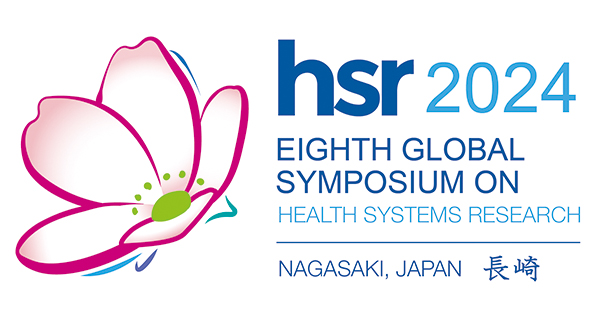Akinari Moriya
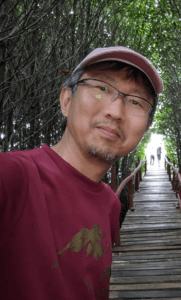 My first encounter to tropical medicine and global health was through my carrier in Quarantine Station in Japan (border measure against high consequence infectious diseases at international airports and seaports), which led me to Diploma of Tropical Medicine and Hygiene course at TMGH in 2021, followed by admission to Master of Tropical Medicine in 2022.
My first encounter to tropical medicine and global health was through my carrier in Quarantine Station in Japan (border measure against high consequence infectious diseases at international airports and seaports), which led me to Diploma of Tropical Medicine and Hygiene course at TMGH in 2021, followed by admission to Master of Tropical Medicine in 2022.
The days I spent in MTM were ones of the most wonderful in my entire life of more than 50 years. They were so intense for focusing on didactic lectures in total 6 months and for conducting our own research project and writing a dissertation in the rest of course. But because of the intensity I could learn so many new things in quite a short time, which brought me totally new and profound insights to this world and my carrier life.
The course happens in a relatively smaller local city in Japan, however, students, faculties and lecturers gather from all over the world and you learn in totally international environment where you can have wide and deep communications with people having various backgrounds. Admin staff are so considerate to take care of students that you can feel safe even in unfamiliar country for you.
Research project happens alongside the intense didactic lectures. It may not be easy to define your research question from scratch and finalize within a period shorter than 1 year, but the completion of a research project definitely gives you clear ideas of what research is, which further may lead you future challenge in Ph.D course.
We really look forward to seeing you in TMGH and future fields in tropical medicine and global health!

 My first encounter to tropical medicine and global health was through my carrier in Quarantine Station in Japan (border measure against high consequence infectious diseases at international airports and seaports), which led me to Diploma of Tropical Medicine and Hygiene course at TMGH in 2021, followed by admission to Master of Tropical Medicine in 2022.
My first encounter to tropical medicine and global health was through my carrier in Quarantine Station in Japan (border measure against high consequence infectious diseases at international airports and seaports), which led me to Diploma of Tropical Medicine and Hygiene course at TMGH in 2021, followed by admission to Master of Tropical Medicine in 2022.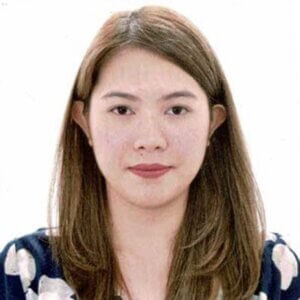
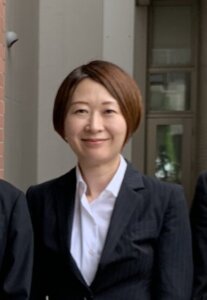 The experience on the Diploma of Tropical Medicine and Hygiene (DTM&H) gave me the opportunity to study again on the Master of Tropical Medicine (MTM) for further studies. My initial motivation was to become a doctor who could contribute to global health.
The experience on the Diploma of Tropical Medicine and Hygiene (DTM&H) gave me the opportunity to study again on the Master of Tropical Medicine (MTM) for further studies. My initial motivation was to become a doctor who could contribute to global health.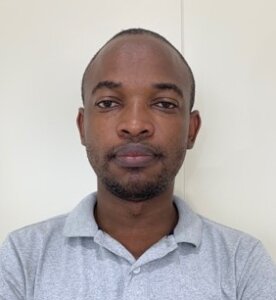 Hi ! This is Augustin Kabongo; I am from DR Congo. I came to Japan as MEXT student through embassy recommendation and joined TMGH in October 2021. Studying the Master of Tropical Medicine in TMGH was exciting. As other students, I got an exceptional international experience that I hope will help me in my future career. For 2021-2022 academic year, classes were interactive with students from over 15 different countries and courses were taught by experts in a well-equipped environment that facilitates learning process and advanced research with full support of the teaching staff. Now more than ever, I feel ready to face global health issues and tropical diseases. And for those who are interested in global health and tropical medicine, I strongly recommend joining TMGH, I strongly recommend joining TMGH.
Hi ! This is Augustin Kabongo; I am from DR Congo. I came to Japan as MEXT student through embassy recommendation and joined TMGH in October 2021. Studying the Master of Tropical Medicine in TMGH was exciting. As other students, I got an exceptional international experience that I hope will help me in my future career. For 2021-2022 academic year, classes were interactive with students from over 15 different countries and courses were taught by experts in a well-equipped environment that facilitates learning process and advanced research with full support of the teaching staff. Now more than ever, I feel ready to face global health issues and tropical diseases. And for those who are interested in global health and tropical medicine, I strongly recommend joining TMGH, I strongly recommend joining TMGH.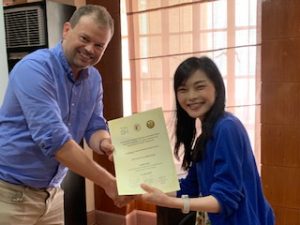

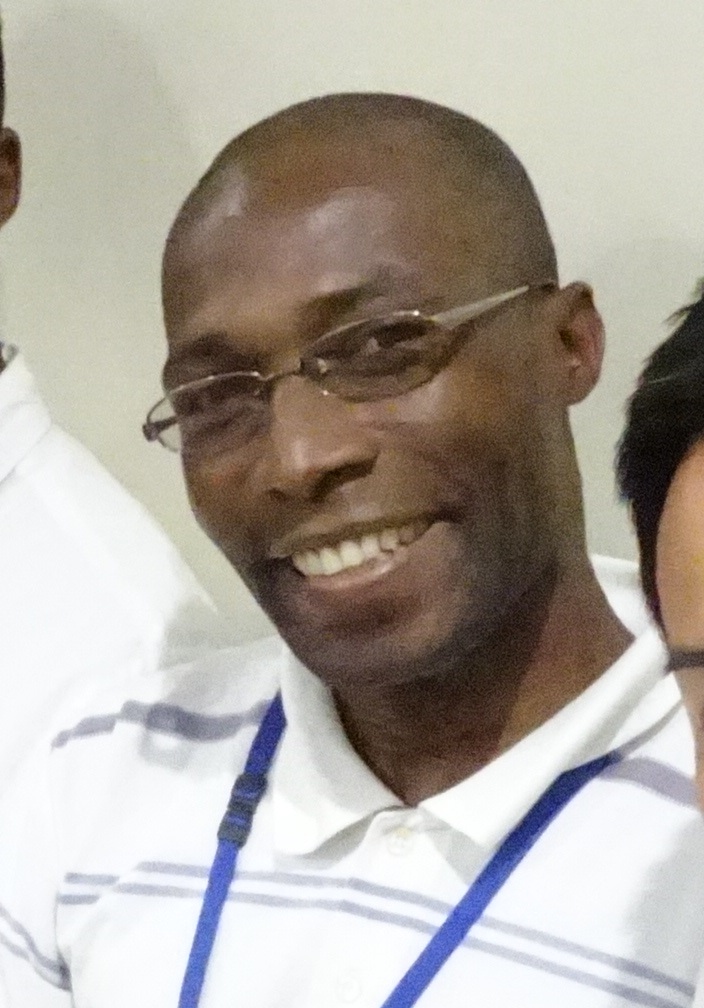 MY name’s Gavicho Lindo Celestino, from Mozambique.After graduated at Faculty of Medicine, I worked as clinician at districtal hospital and simultaneously as administrative manager of the hospital and as clinical director, coordinating clinical activities all over the district with 15 health centers. I entered in Nagasaki University supported by ABE Initiative (African Business and Education for youth Initiative).
MY name’s Gavicho Lindo Celestino, from Mozambique.After graduated at Faculty of Medicine, I worked as clinician at districtal hospital and simultaneously as administrative manager of the hospital and as clinical director, coordinating clinical activities all over the district with 15 health centers. I entered in Nagasaki University supported by ABE Initiative (African Business and Education for youth Initiative).